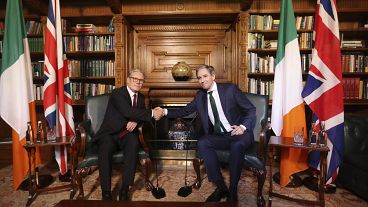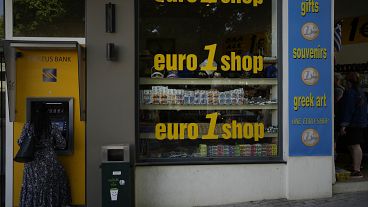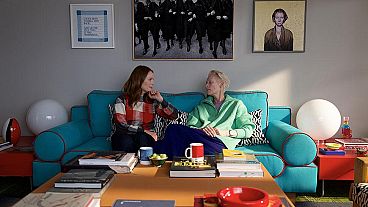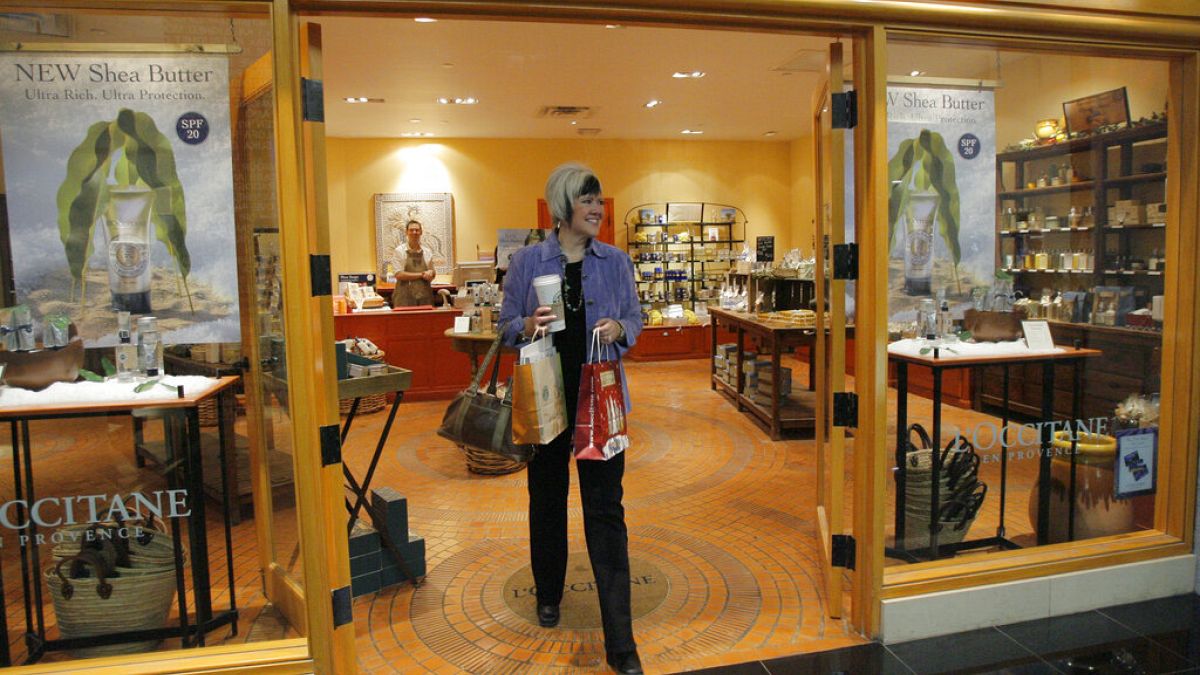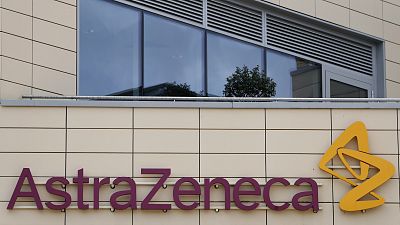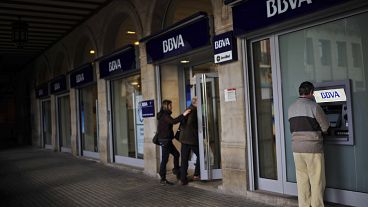L'Occitane's attempts to revitalise growth have led to high operational costs, leading to further erosion of its share price and investor confidence.
French cosmetic giant L'Occitane International has announced it is to delist its shares from the Hong Kong Stock Exchange (HKEX), and take them back into private hands. The company has blamed the rising competition in the luxury goods market, as well as the complications of operating as a listed company.
In April of this year, L'Occitane's majority stakeholder Reinold Geiger offered €1.7bn to take over the remaining 28% of the company, with extensive financial backing from Goldman Sachs and Blackstone. At the time, the company was valued at some €6bn.
L'Occitane International has now revealed that 91.97% of disinterested shareholders had already agreed to sell their shares to support the privatisation attempt, which is well above the minimum amount required for the offer to succeed.
Disinterested shareholders refer to those shareholders who currently do not own enough shares for their votes to have a major effect on company strategy and decisions.
L'Occitane Holding, a subsidiary fully-owned by Geiger, has revealed that it will now go ahead with the compulsory takeover of the remaining shares, after which the privatisation offer will be complete.
On Wednesday afternoon, the company's shares were trading at €3.98.
L'Occitane International was established in 1976, in the Provence region in the south of France. Currently, it operates more than 3,000 stores in 90 countries, with 1,300 of these stores being owned by the company.
The group also owns other brands such as Melvita, L’Occitane au Brésil, L'Occitane en Provence, Erborian, LimeLife, Sol de Janeiro, ELEMIS and Dr. Vranjes Firenze.
Reinold Geiger said in a press release: "We are delighted with the strong support from our shareholders. This transaction will provide our group with the flexibility to make longer-term business decisions. We remain committed to our brand-specific and geography-specific strategies.
"We firmly believe that this is in the best interests of our employees, business partners and other stakeholders, who will benefit from our accelerated growth and enhanced competitiveness in the global skincare and cosmetics industry."
Why is L'Occitane going private?
One of the biggest reasons for L'Occitane returning to private ownership is due to increased competition in the luxury goods sector. This has coincided with consumers holding back, post the Covid-19 pandemic as higher interest rates and raised prices lead to a tightening of domestic purse strings.
Consumers currently seem to prefer to buy fewer but longer-lasting producting which means brands are being increasingly squeezed.
L'Occitane hopes its latest move will allow it to concentrate on updating its main brands. It has also hinted at a possible future re-listing, if the circumstances are right, or oven selling the company at some future date.

